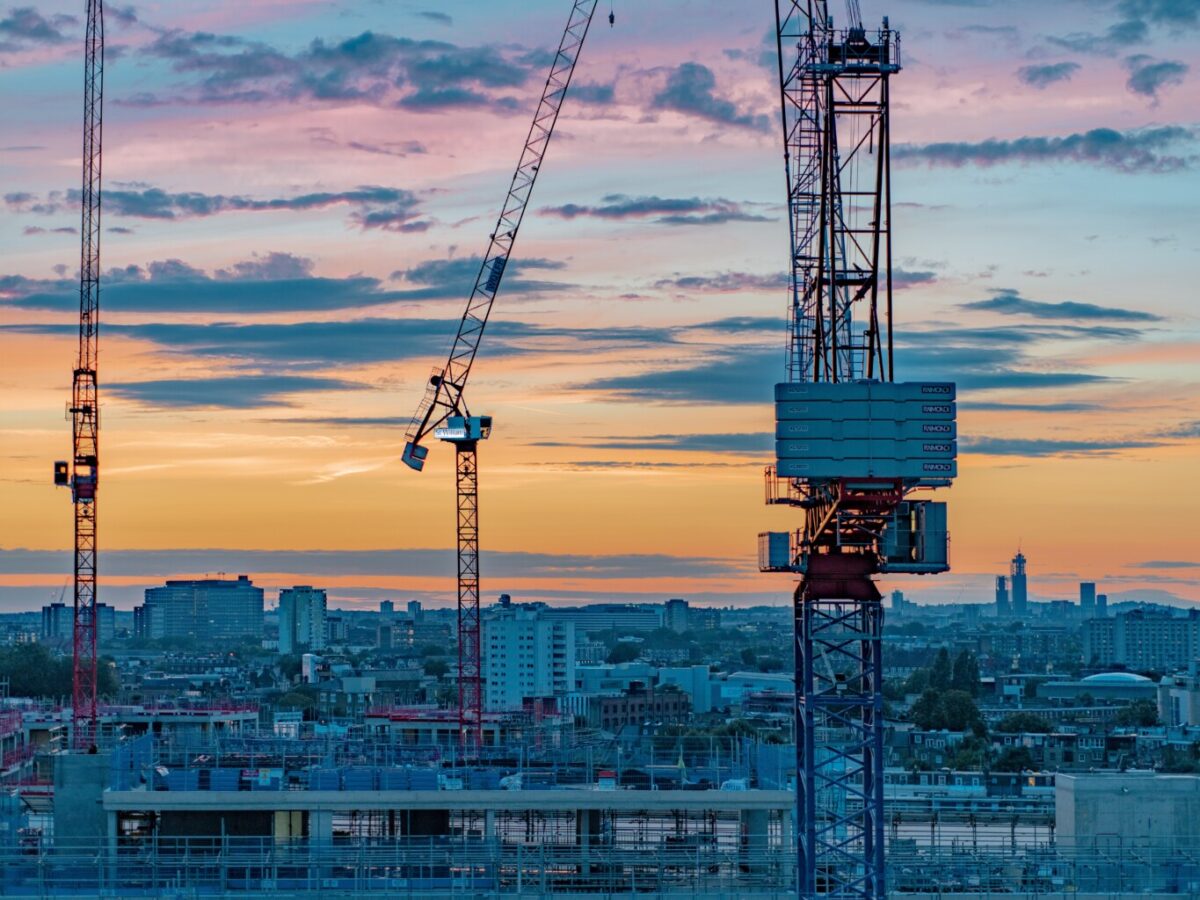Biting the Bullet
A comment by Simon Flint, inspired by the Leaders’ Breakfast Meeting* of 25 October 23
As ever, the country lurches from one news story to another and thus yesterday’s hot topic, HS2, becomes today’s “fish n chips” paper. As we get our minds around decision making during the pandemic, it was useful to be reminded by epidemiologist Professor John Edmunds, that Government in 2020 had to balance three competing forces – the health of the nation, public liberty, and the economy.
For those of us on the outside of high-level decision making, we tend to pursue a single strand with the outcome being an obvious decision. There is general incredulity when all and, in particular, politicians do not follow the same logic.
So, for those of us connected with the economic infrastructure, our three competing forces are arguably the ever-present economics and its close cousin, budgets which are often wrapped up in the term “value”; long term planning; and, productivity. These are all supporting the desire to achieve Net Zero by 2050. Net Zero should be the universal No1 priority but unfortunately there is historically a gap between the country’s ambitions and its implementation plans.
Instead, the reality is “trolley” political decision making as direction is changed or there is procrastination. Unlike a pandemic which had a life of 3 years, Net Zero needs a commitment of 30 years of consistency. A tipping point is fast approaching whereby all the right measures will need to be put in place over the next three. Otherwise, the financial cost of missing the Net Zero target far outweighs today’s investment.
Although Sir Harold MacMillan never said “events dear boy events” the sentiment is correct. Today’s reality is clouded by paying for Covid, Ukraine and Brexit. With the Government trailing by 20 points and an election due in a year, short term expediency has taken over. “Cash today” is needed to turn voters and not policies that cause people to make sacrifices.
There are only two sources of funding – the taxpayer and the user. In many cases this is the same individual. The reality is that individuals, countries and the world want something for nothing. “Prudence” and “Austerity” may be catch words of Chancellors but they are discounted by the majority of the general population just getting on with life. Few individuals are prepared to make meaningful personal sacrifices. There is a belief that climate change is someone else’s problem because it’s not at our front door, today.
The Way Forward…
The way forward is for an acceptance by politicians that the easy decisions have been made. They now need to make the difficult and often unpopular ones. In doing so, their role is to convince and therefore, bring along the people and not to pursue a set of short-term populist strategies that result in a negative long-term effect.
To this end, the country needs clear policy on its electricity generation and transmission, its transport logistics and its utilities. These can only be achieved by overhauling the planning process which prevents nimble delivery.
This will be helped by devolving regional programmes to local decision makers and for authorities to be given long term budgets. Long-term rolling 5-year programmes have brought enhanced value to the water companies and therefore their users.
Longer term decision making should be enhanced by more rounded and technical government teams working in collaboration with industry. The result will be better budgets with the added advantage that they do not have to be skewed to gain a favourable decision.
Unfortunately, it seems that we shall have to wait a year before any thoughts of a Brave New World can be entertained.
*Leaders’ Breakfasts are a partnership between Advance Consultancy, Constructing Excellence and UCL Bartlett. The sessions aim to provide a place for discussion and debate with influential participants on topics relevant to and timely for the sectors involved in the delivery of major, complex projects.


